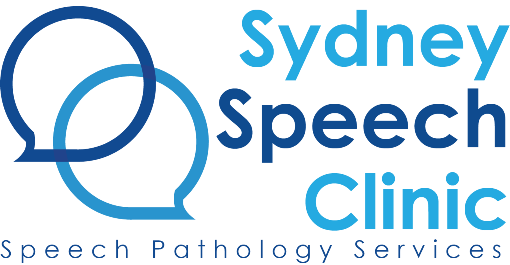 We can help your child develop their literacy skills by specifically targeting the weaker areas which will be identified through a comprehensive assessment. Areas that require intervention might include:
We can help your child develop their literacy skills by specifically targeting the weaker areas which will be identified through a comprehensive assessment. Areas that require intervention might include:
- Underlying speech or language difficulties
- Awareness of syllables, rhyme and sounds in words (phonological awareness)
- Ability to link letters to sounds and being able to manipulate sounds in words (phonics and phonemic awareness)
- Vocabulary skills
- Reading fluency
- Reading comprehension (understanding the meaning of a text)
- Spelling rules and patterns
- Planning and writing sentences and constructing stories (narrative skills)
The relationship between speech, language and literacy is interwoven and complex. In order to read and spell children need a clear understanding of letter-sound relationships together with intensive, explicit instruction in phonemic awareness, phonics, reading fluency, vocabulary and reading comprehension.
When should I consider having my child assessed?
We can identify children likely to be at risk of early literacy difficulties even before they start school. Children presenting with speech and language delays are at risk of literacy delays/disorders. If you are at all concerned about your child’s speech, language or literacy development then contact a speech pathologist for an assessment. Even if therapy is not recommended at that stage, initial advice can be given and you can be reassured about their skills. In addition a baseline can be determined from test scores and used for later comparison if necessary.
